This is a sponsored post written by me on behalf of Jockey for IZEA. All opinions are 100% mine.
The Jockey #ShowEm campaign celebrates the values that guide our journeys and help us overcome the obstacles that life can sometimes place in our way. When Jockey encouraged me to share my own story and #ShowEm what’s underneath, I knew that courage plays a huge part in it. Military families face their own unique challenges, and raising kids to be courageous in the face of constant change and uncertainty is something I wish for all military kids.
I immediately knew it wouldn’t end well. My strong willed child was in the middle of his third deployment as a military child. I wanted to raise a courageous child, but as we drove to say goodbye to his dad, I could hear his subtle tears and sniffles intensify to a full-blown cry as we neared our send off point. He clung tightly to his doll that I made using the daddy doll tutorial for military kids. The car filled with a thick smog of intense emotions. He had serious separation anxiety for the past several years, and all of our previous experiences sent him into an emotional tailspin. This “see you later” was no different.
Related: 31 Printable Affirmation Cards for Kids — They’ll Actually Use
I knew why.
His whole life was filled with big life changes: a dad who was frequently gone for military work, a big move overseas, and the introduction of a new sibling. And through it all, I tried my hardest to serve as his emotional rock and comfort. So when he was faced with a long separation from his dad, it was no surprise that it felt very overwhelming to him. Reaching our drop off point, the safety net that he always knew would no longer be available at every second, minute and hour of the day.
Related: 21 Things You May Experience Having a Baby With a Service Member
Yet, it was time.
Our home was a safe place where he would discover his new normal while his dad worked away from home. And truthfully, this was an opportunity for growth–for the both of us–to become more courageous.
It’s challenging to raise a courageous child.
Kids struggle with anxious and scared feelings in all sorts of situations. From being afraid of the dark to feeling anxious about school, it’s normal for kids to experience these emotions. On the other side of the emotional spectrum, lies courage. All kids have courage and bravery within them, they just need us, as parents, to help them uncover and reveal the hidden strengths inside them.
5 Magical Phrases to Help Kids Feel Courageous.
Using short parenting phrases is one of my favorite ways to communicate with kids. It offers you a quick parenting win, when you don’t really know how to respond in a given situation. Think: parenting made-easy button. All of these phrases can help your child feel courageous in situations when he or she feels like they can’t do it or they want to give up.
“I am here with you.”
Let’s say you’re driving on a bridge in the middle of the night and there are no guardrails. How would that make you feel? Maybe a little anxious because you are terrified that you’ll drive off the road and plummet down the hill. Or maybe a little cautious, motivating you to drive very, very slow to protect yourself. But put the rails back on the bridge, and you feel confident, ready to drive straight over the bridge at full speed. You may even speed over the bridge because the rails make you feel incredibly safe. This is what our kids are looking for from us. To be the railings on the bridge during the night so they can soar. Many times all kids need is to know that the railings are there to support them in case they veer off the road.
Saying, “I am here with you,” helps your child know that the rails are there: sturdy, present, and ready to help. Even when a child is forced to say goodbye to their beloved parent or uproot their everyday lives to move across the globe, you can still say “I am here with you.” You are right there in the moment, meeting them at the emotion, and helping them process.
“I see how scared you are.”
Parents may feel compelled to ignore difficult emotions like anxiety or fear, hoping that ignoring will make it go away. The opposite is, in fact, true. When kids don’t feel like we understand and hear the emotions they are sharing with us, they will try even harder to let us know. This is when you see kids start to dig their heels in even further when you tell them to “stop whining” or “you’re gonna love it” or “everything will be just fine.” Because inside your child’s world, everything is not fine and they don’t love it. The easiest way to help your child find courage is to acknowledge their emotion so they can start to process and move forward. Saying, “I see how scared you are,” helps your child immediately know that you understand them. This is the secret key to helping your child discover courage.
“You know what’s right for you.”
Emotions are uncomfortable…for parents. Kids have all these intense and wild emotions, but to them, those feelings are normal and real, and they just need to get it all out in the open. Adults, on the other hand, are not used to piling their emotions “out there.” We are used to keeping them inside and maybe sharing with one or two intimate people, if that. When kids express their emotions, they are doing exactly what is right for them in the moment. They are taking several steps back to process and deal with their emotions, which will allow them to clear the air and move forward. Saying, “You know what’s right for you,” helps validate what the child is experiencing. It acknowledges that all kids know exactly the right level of challenge for themselves. You might expand further and say, “You know what’s right for you. You look anxious and upset about this. I see you have a lot of emotions that you need to get out.” You can also use the phrase when a child problem-solves and finds a way to cope with the situation. When my son wanted to carry several pictures of his dad around for comfort, I said, “You know what’s right for you.” And I let it be.
“That shows you’re brave.”
The more we name the things our kids do well, the more they start to show us those things. So each time your child acts courageous or does something brave, let them know. When a shy child makes new friends, say, “That shows your brave.” Or when a fearful child finds a way to fall asleep in their own bed each night, say, “That shows your brave.” Or when an anxious child is struggling to adjust to a new home after a big move, but finds a way to make it work, say, “That shows your brave.”
“You handled that.”
Similar to “That shows you’re brave,” this phrase helps the child feel like they took control of the situation and managed to figure it all out. When kids show courage or bravery, taking notice will help the child feel great about what they accomplished. And it will EN-courage them to “handle” problems all on their own without someone fixing or solving it for them. Think of it like this: Encouragement is literally placing courage in your child’s heart.
My heart sank.
As we pulled away from our drop off point, I saw my husband standing in my review mirror. The further I drove away, the smaller he appeared, until he no longer appeared at all. It took all the courage I had to share all my phrases with my son on our drive home. My deepest hope was to–in some way–give him courage. When returned home later that day, the house felt empty. Despite wanting to be brave and courageous, I melted into our big yellow living room chair and tears streamed down my face. My heart ached knowing that each time my husband said goodbye he may not return home.
What happened next surprised me the most.
My son crawled up into the big yellow chair, placed his arm gently around my shoulder and said, “Don’t worry, mommy. I am here.” It was not an easy day for him, yet he managed to find the courage to compassionately support me on top of coping himself. Not surprisingly, he thrived throughout his dad’s absence. My husband and I continued coaching him through it using our phrases. Months later when my husband returned home, my son leapt into his dad’s arms. Absent of anxiety, fear and sadness, all that remained was a thick smog of happiness, joy, and most importantly courage.
#Showem courage.
More than anything, we want our kids to experience self-confidence and express who they really are inside. Jockey shows that it values the complete person. The #ShowEm campaign encourages everyone to go beyond what’s on the surface and instead appreciate what’s on the inside. Join Jockey and me in showing the world who we really are underneath, and what values matter the most to us—courage, perseverance, family and beyond. Create your own captioned photo using the Showem Meme Generator and share with the world to #ShowEm what’s underneath!
Want more posts on parenting?
- 9 Genius Phrases for Parenting Your Strong Willed Child
- The Tantrum Taming Tip Most Parents Don’t Know About
- 4 Surprising Reasons Empathy Doesn’t Work
- The “Phrases Shift” That Will Change How You Praise Your Kids Forever
I've created a free email series just for you! If you are struggling with teaching your child to listen, this series will help transform your parenting. Yes, really. I've seen my proven strategies work time and time again for parents. I know it can work for you too.
After taking my free email series, you will:
- Learn simple, yet highly effective listening strategies
- Experience a stronger connection with your child
- Enjoy more peaceful parenting days
- Gain more cooperation from your child

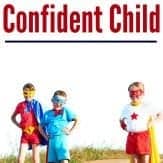
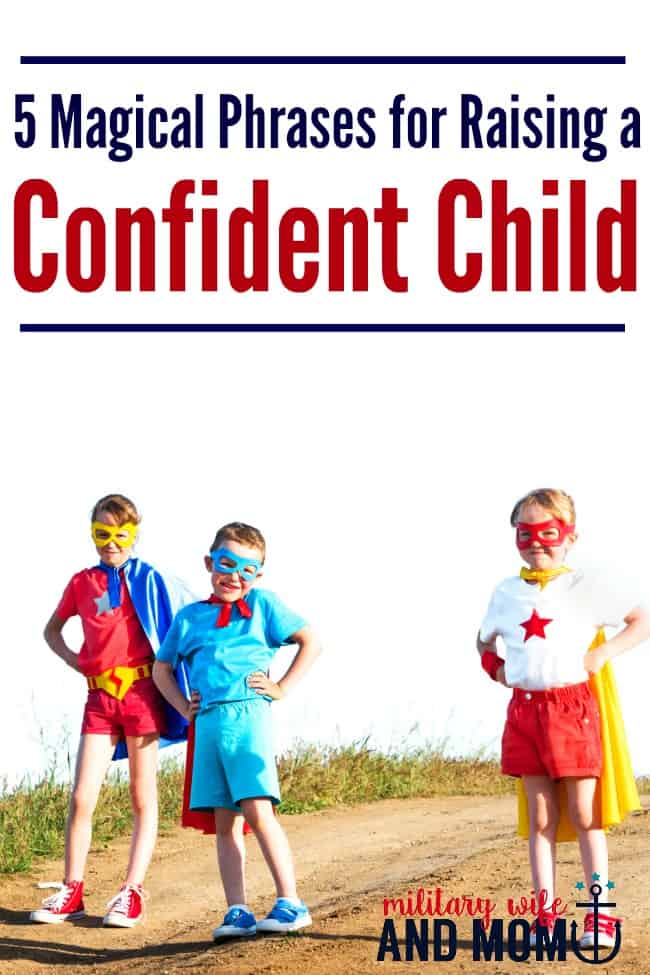
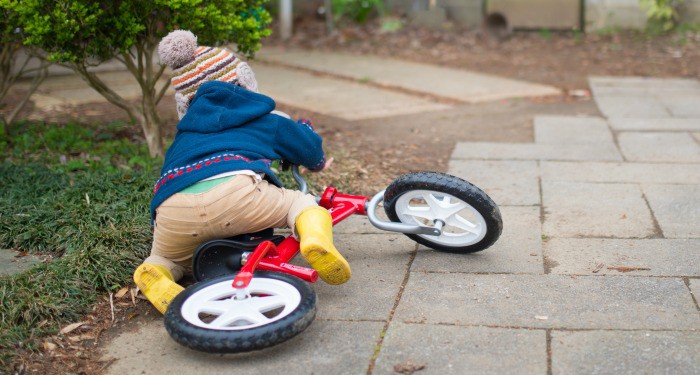

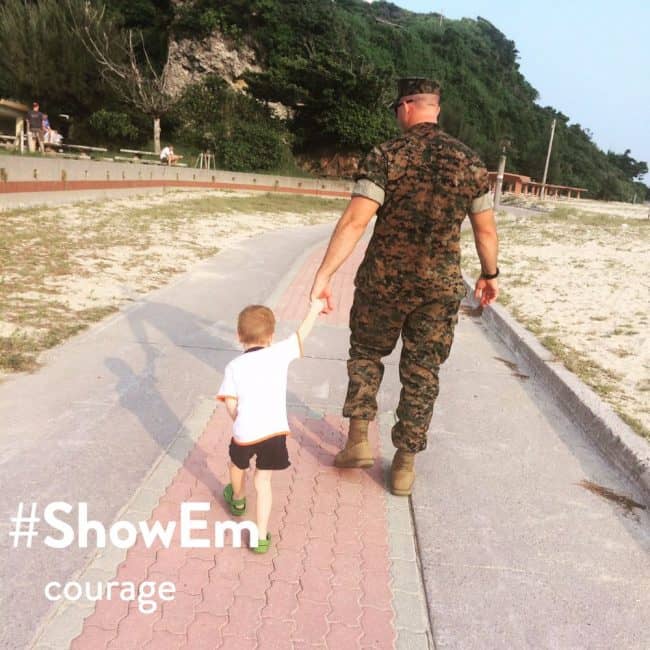
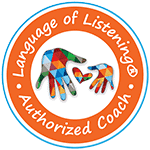
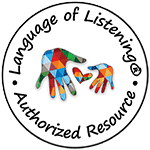
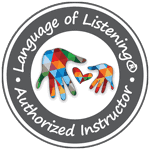
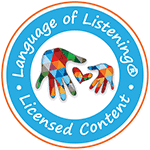




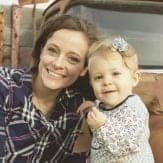

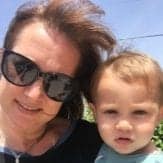

you’re so brave momma. thanks for writing this.